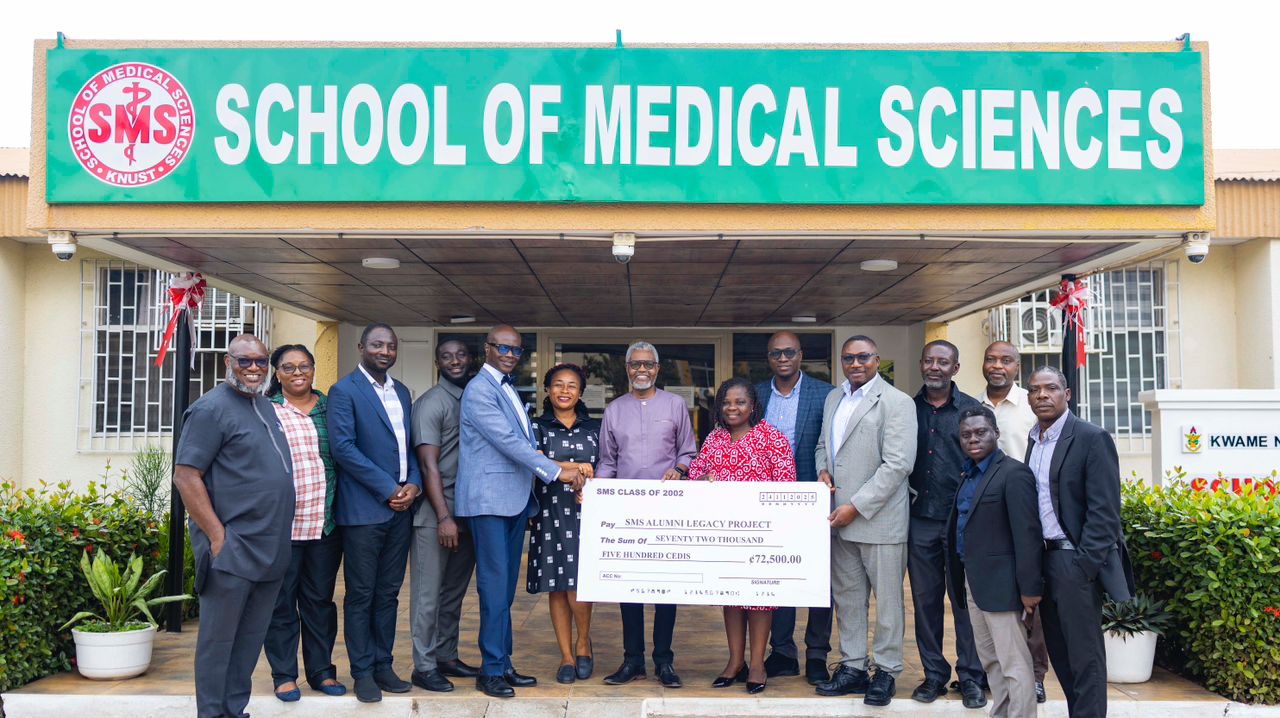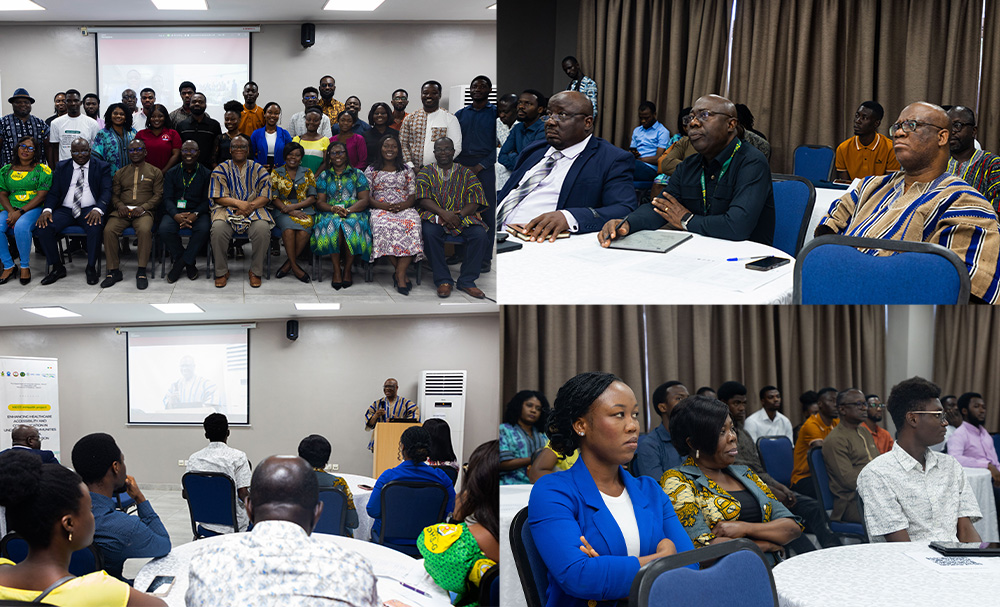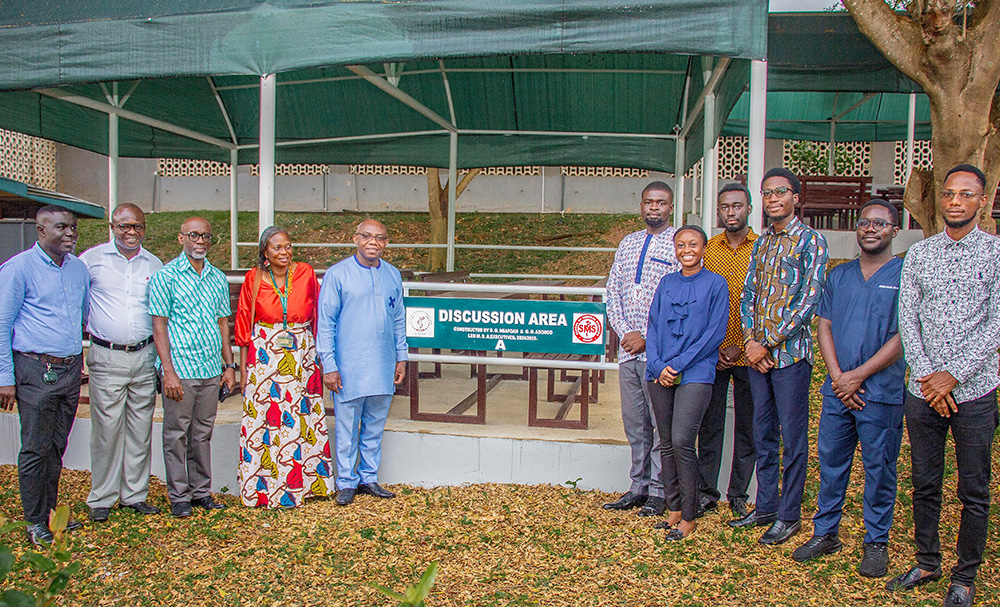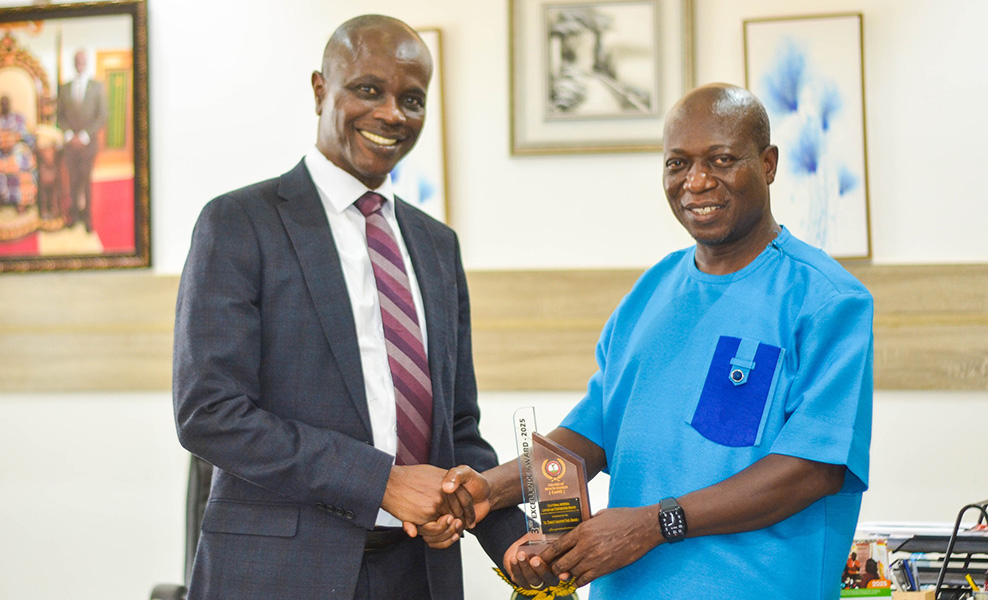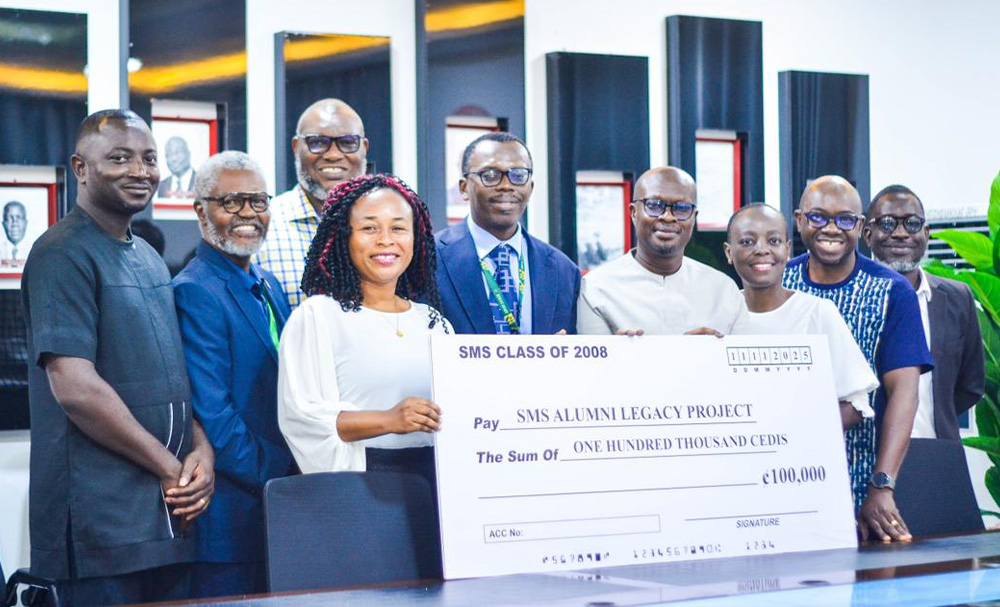Kwame Nkrumah University of Science and Technology (KNUST) has launched a Twi Medical Glossary for clinical students and health workers. The booklet was produced as part of activities under the National Institutes of Health/PEPFAR funded Medical Education Partnership Initiative (MEPI) Project at KNUST. The Twi Medical Glossary is a collaboration between the College of Health Sciences and the Department of Modern Languages of the College of Humanities and Social Science.
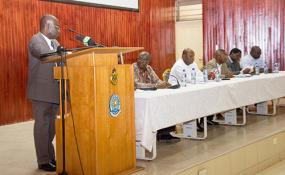
The book, according to Professor Peter Donkor, Principal Investigator, MEPI and head of the Office of Grants and Research, aims at facilitating learning by clinical students as well as acting as an aid for clinicians who are not conversant with the Twi or Akan language. Prof. Donkor stated that the introduction of the glossary would improve communication between the doctor, the nurse and the pharmacist who do not speak the Akan language with patients in their clinical practice.
He noted that in Ghana, there were many nuances in the Akan language which medical practitioners should know and comprehend to offer quality care to patients. He further noted that KNUST was the only beneficiary in Africa beside some South African institutions under MEPI. The project, funded by the United States government, aims at empowerment in education training and helping in developing modules of ethical training. KNUST has collaborated with the Ghana Health Service and the Ministry of Health among others.
Professor Samuel Nii Odai, Pro Vice-Chancellor, said in executing our core mandate, as a science and technology university, it was important to reach out to our stakeholders especially the community in which we operate. He said some people in the community do not speak the English language and it was important to communicate effectively in our engagements with such people. He commended the MEPI for coming out with the Twi Medical Glossary to help maintain confidentiality between patients and doctors. He said it was a clear evidence of the value of the humanities in a science and technology institution. He believed the arts and sciences would continue to collaborate for more benefits.
The Principal Researcher, MEPI and lecturer at the Department of Modern Languages, said data gathered in the course of the research indicated that practitioners in Akan areas needed to know the language. It was found out that medical practitioners often had to fall on nurses who knew the language to assist in attending to patients. Some doctors got confused with some expressions in the local language especially in describing how patients felt.
Mr. Fordjour revealed that sexually transmitted diseases and other sicknesses with stigma attached became difficult for patients to talk about especially when there was a third party in the consulting room and this made it necessary for medical students to learn the local language.
He said both clinical and Akan students would benefit from the glossary. He hinted that the Department of Modern Languages was also planning to come out with a legal glossary in Akan to help legal students and practitioners.
Prof. Yaw Adu Sarkodie, Dean of the School of Medical Sciences, launched the glossary and the Medial Students Charter. He said with ten percent of the students admitted into the medical school being international students, the Twi medical glossary was most welcome. He continued that after forty years of the existence of the SMS, the expectations of regulatory bodies and stakeholders had to be met in coming out with the charter.
Prof. Sarkodie said the charter would provide guidelines, standards and responsibilities for all stakeholders in SMS.



